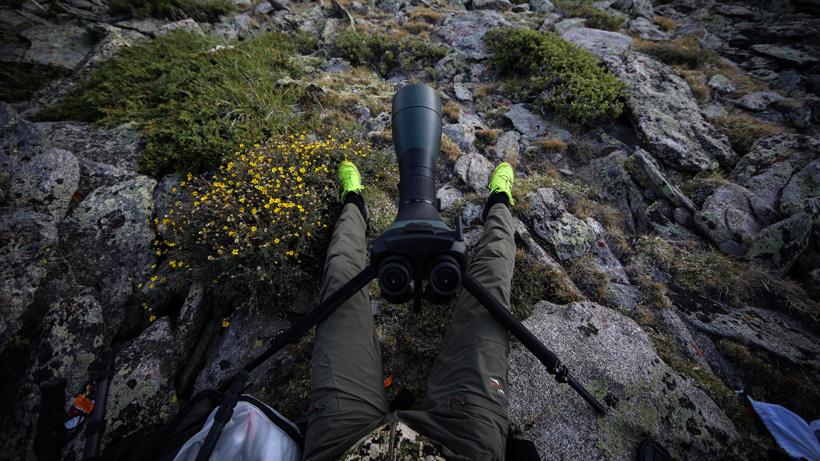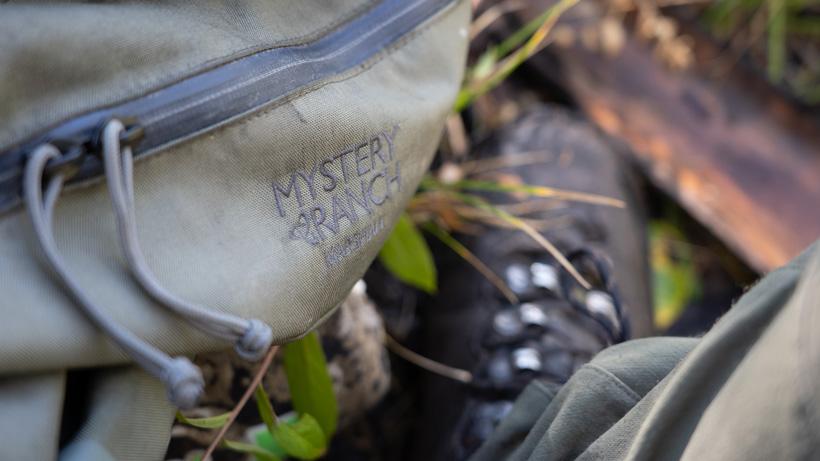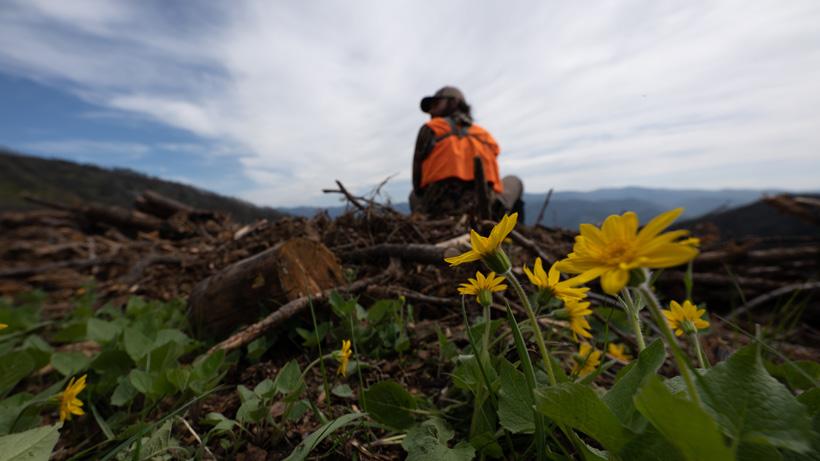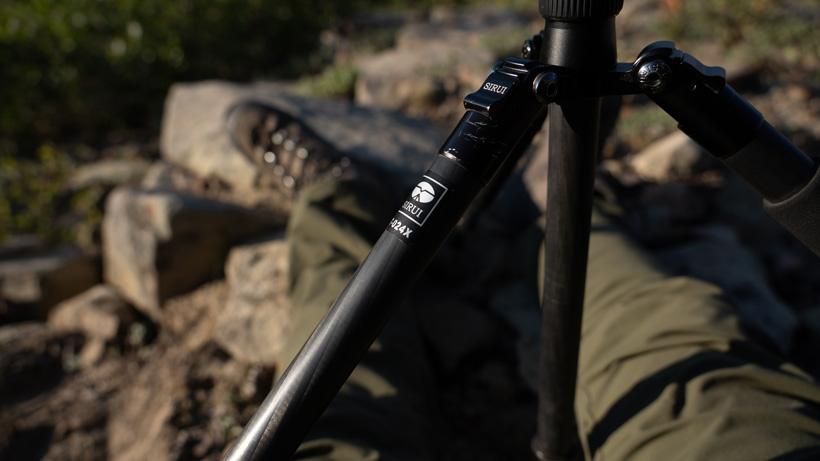




Photo credit: Brady Miller




Photo credit: Chris Neville

Photo credit: Brady Miller
Over the past few years, I've gone on at least seven different out-of-state hunts by myself. During the course of these trips, a person tends to learn a lot—whether it’s about themselves, their hunting habits; the good, the bad, the ugly: it’s all on the table. However, the times I've been successful on these trips, it's not by accident. Here are five tips that I think can help you become a better, more successful solo hunter.
If you have unfinished projects, things at work, problems at home, wrap that type of stuff up before you leave. In my experience, when you are alone you are at your most vulnerable. Sometimes, I don't like to admit it, but I can be a huge pansy when I’m out in the middle of nowhere alone. While I like to think I'm pretty mentally tough, having things in order at home helps me stay focused on the mountain. I know that if I don’t do that then these types of things are easy excuses to leave early and head home. I've found myself making excuses for the reasons I'm walking back down the trail towards my pickup. Most of the time the excuses aren't legitimate. Usually, it’s something that isn't important, that I'm building up in my head to make myself believe it is a good excuse. So, minimizing those types of attention de-railers can give you a leg up.
While this may not fall directly in line with everyone, whether it's your wife, husband, boyfriend, girlfriend, significant other or, simply, a person you rely on or communicate with on a daily basis, keeping that communication can be the difference between a four-day hunt and a seven-day hunt. Knowing that time in the field can typically equate to a higher chance of success, my time on a hunt is priceless. To address this, I cannot state enough how important my inReach by Garmin is. I can effectively communicate to my wife that I am alive and well, how the hunt is going and so forth. It also has the option of sending a GPS coordinate and link to a map with a pinpoint of where you are. Obviously, be wary of who you trust in sending coordinates to, but having that peace of mind can really give your significant other the ability to know that you are ok and you will return in one piece. Going alone has its inherent dangers, which means that having some safeguard like a satellite communication device can really extend your trip.
Many times, when I've been on a hunt for a week or so and things aren't going as planned, I have to remind myself that this only comes once a year. I wait, practice, e-scout, boot scout and anticipate all year long for hunting season. I know that if I were to go home early on account of anything but an emergency, I'd be kicking myself as soon as I get to the truck. To combat this, I have to keep certain things at the forefront of my mind. Being mentally strong is a huge notch on your belt if you have it. For me, it’s taken years of practice. I can recall the first time I stayed alone in the woods, miles from anyone without any cell reception and before I could afford a satellite communication device. It was a rough night without much sleep and I couldn't pack up my stuff quick enough in the morning. But I can also recall getting to the pickup and realizing I had been freaking out over nothing. Again, this may not be the case for everyone, but the more people I talk to the more I find a common theme. So, for me, I have to mentally block the thoughts about missing my wife, my dogs, my bed and the comforts of home and really take in the fact that I am lucky. Many people would love to be in my shoes, waking up in the wilderness. I have to think in my head that I can only do this so many times throughout the year so I better soak it in.
Please understand that I don't only mean your shooting equipment. I mean have your things organized, clean and know where they are. Not only does this help keep you efficient, but it keeps unwarranted excuses from arising. I find it easier to make an excuse to throw in the towel if I lose a piece of gear or forgot this or that at the truck, etc. You know what I'm saying. There comes a time when you have to dig deep, know your gear, trust your gear, trust all the research you've spent countless hours doing and go put it to work. Overall, it does make things that much easier to do when you have everything figured out.
Photo credit: Chris Neville
Unless you accessed your hunting or scouting grounds via plane or boat, there is no reason you can't keep walking. If your feet got you there, they will get you out.
But, seriously, what's the worst that could happen? Well, we all know you could die, but you are more likely to die on the drive to your hunting spot than getting attacked by bears, mountain lions or wolves. In reality, the thing that gets most people is being in the unknown, being in the dark or a combination of the two. These are the times you need to trust your gear. Have backup systems. I know I typically have a map saved on my phone on some sort of mapping application. I also have the Garmin, which has an app on my phone as well or I could use the GPS itself. I also carry a headlamp and a flashlight—both with backup batteries—and a solar-powered blowup lantern. In other words, I know I have what is necessary to get back to my camp safely. Now, obviously if an emergency happens, refer back to tip #2 and someone will come to get you.